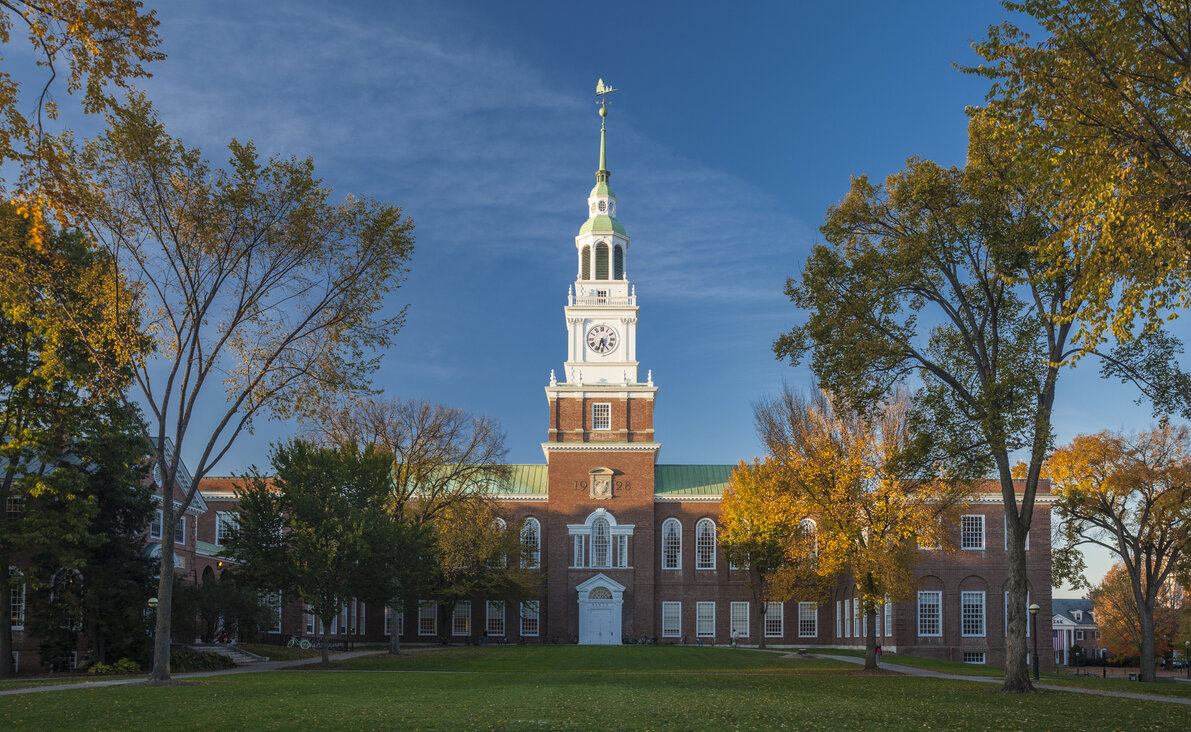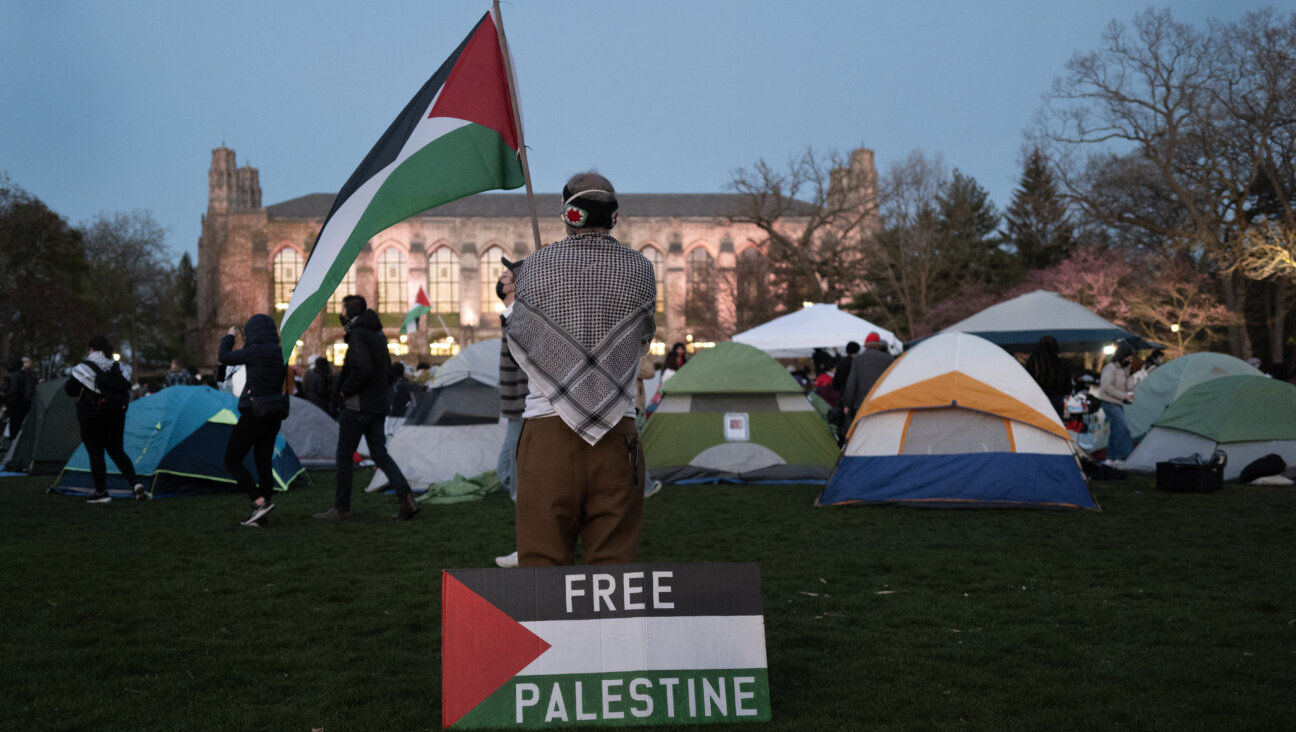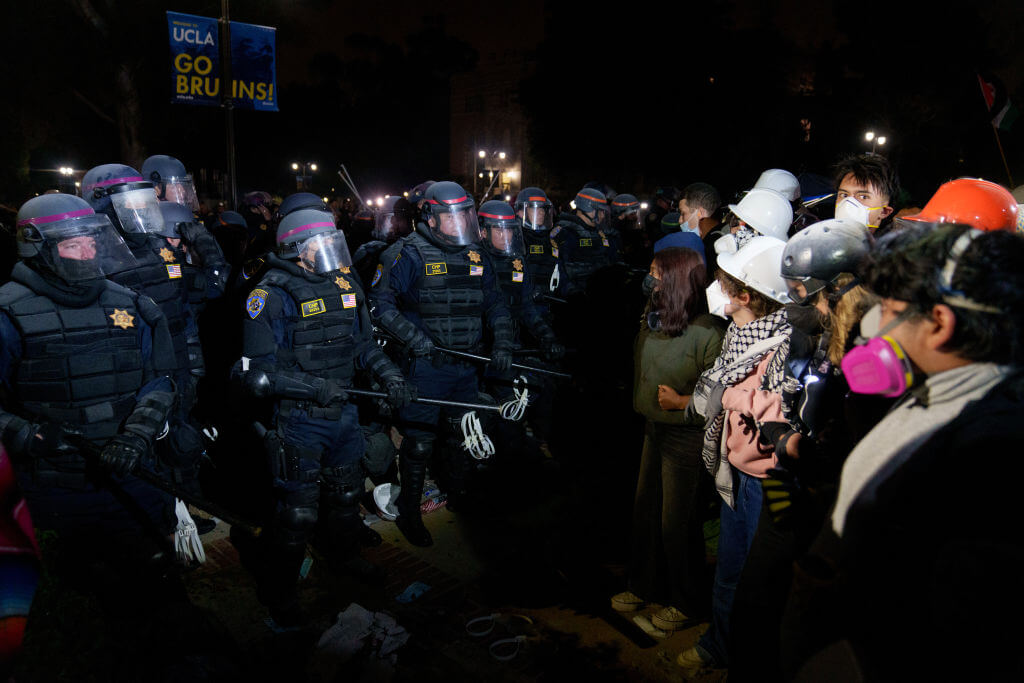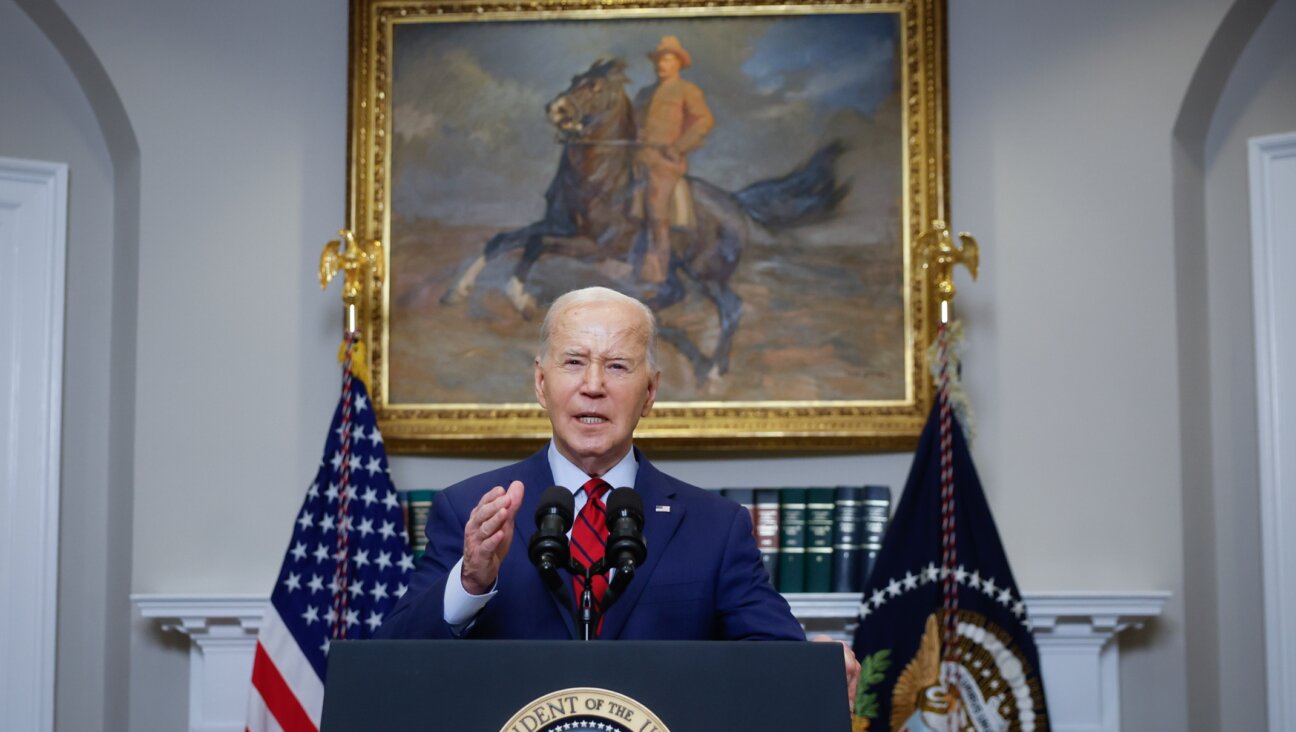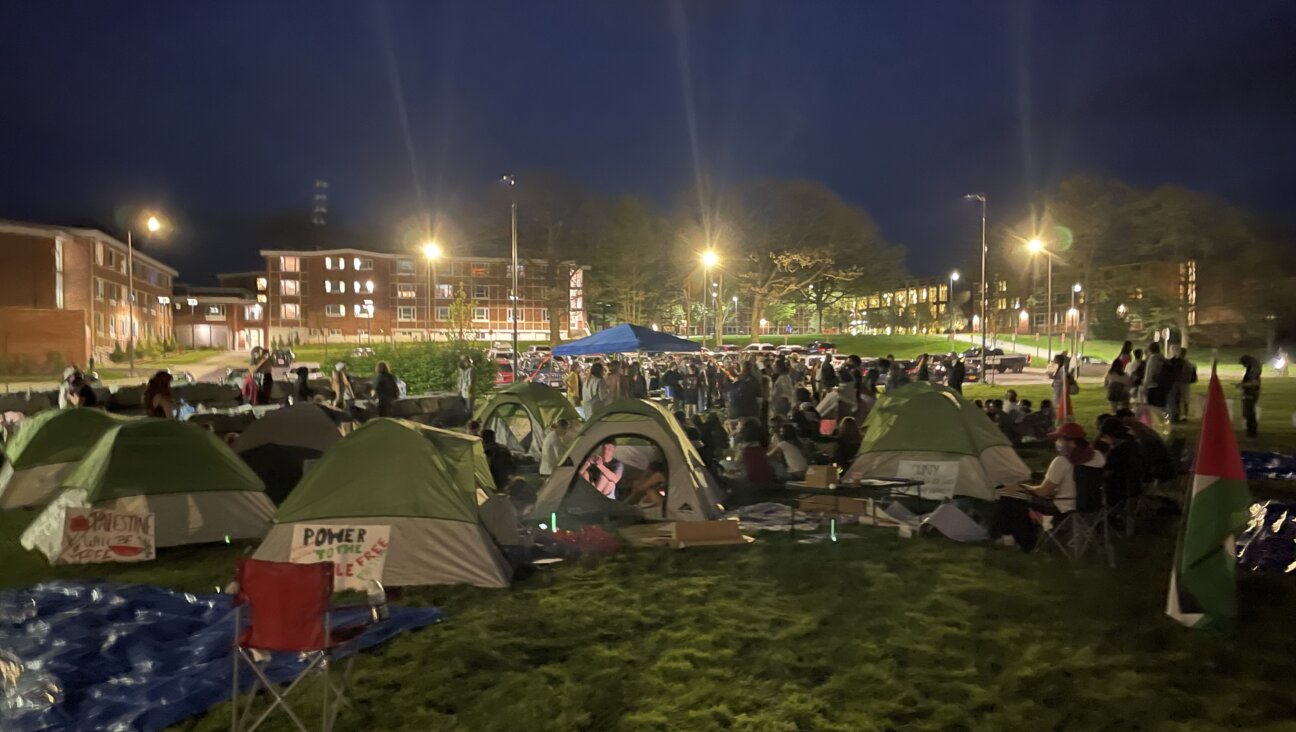A Jewish guide to the 2023 FIFA Women’s World Cup
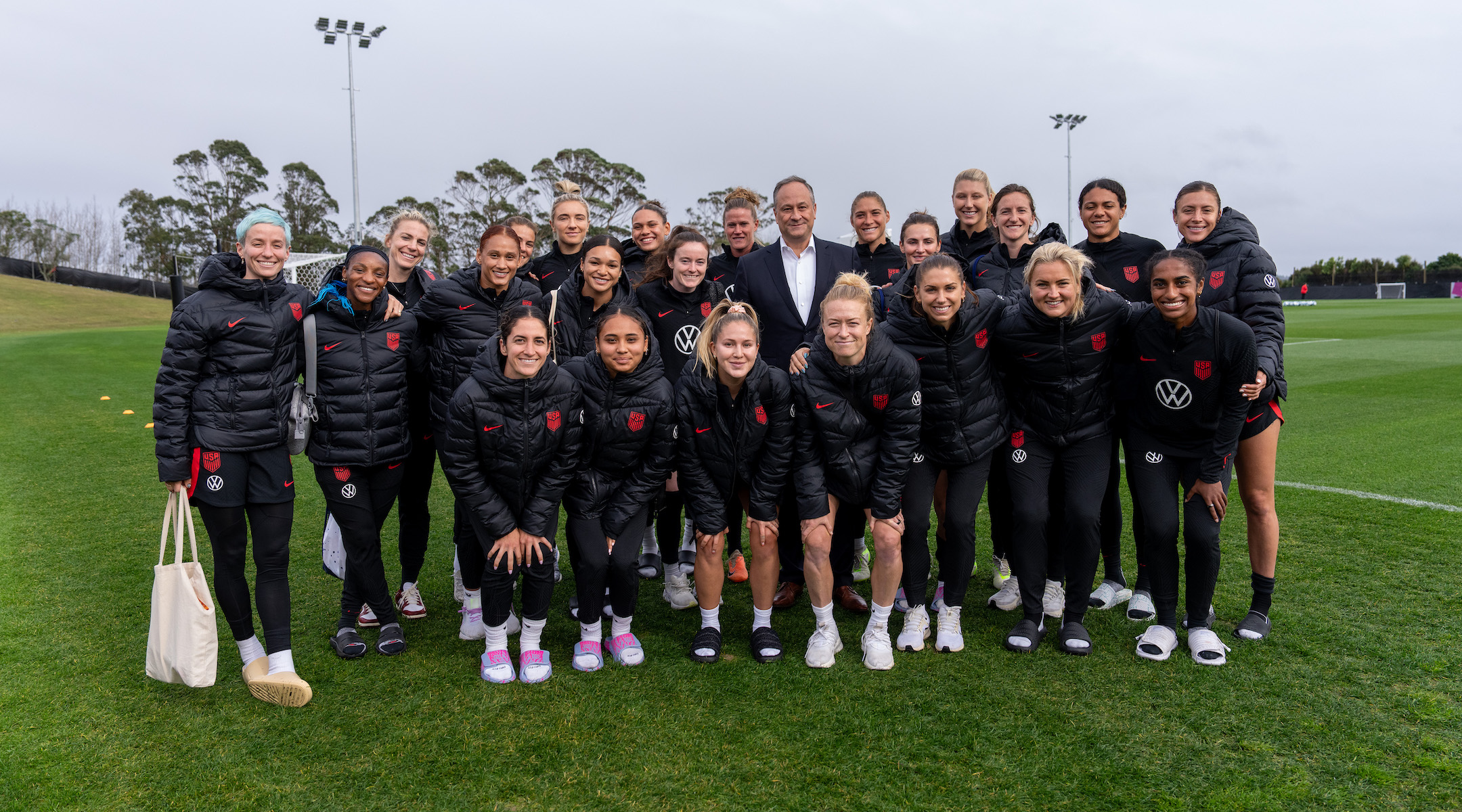
Doug Emhoff poses with the United States Women’s National Team before a training session in Auckland, New Zealand, July 20, 2023. (Brad Smith/USSF/Getty Images for USSF)
(JTA) — The FIFA Women’s World Cup is underway, with 32 teams from around the globe competing in the quadrennial tournament, co-hosted this year by Australia and New Zealand.
It has been an exciting year for Jews in men’s soccer: In the men’s World Cup in the winter, two Jewish players, goalkeeper Matt Turner and defender DeAndre Yedlin, played for the United States. And in the FIFA under-20 World Cup in May, Israel enjoyed a shocking run that ended with a third-place finish in its first appearance in the competition.
Now it’s time for the women’s tournament. Here’s a Jewish guide to the Women’s World Cup, which started Thursday and concludes Aug. 20.
Are there any Jewish players?
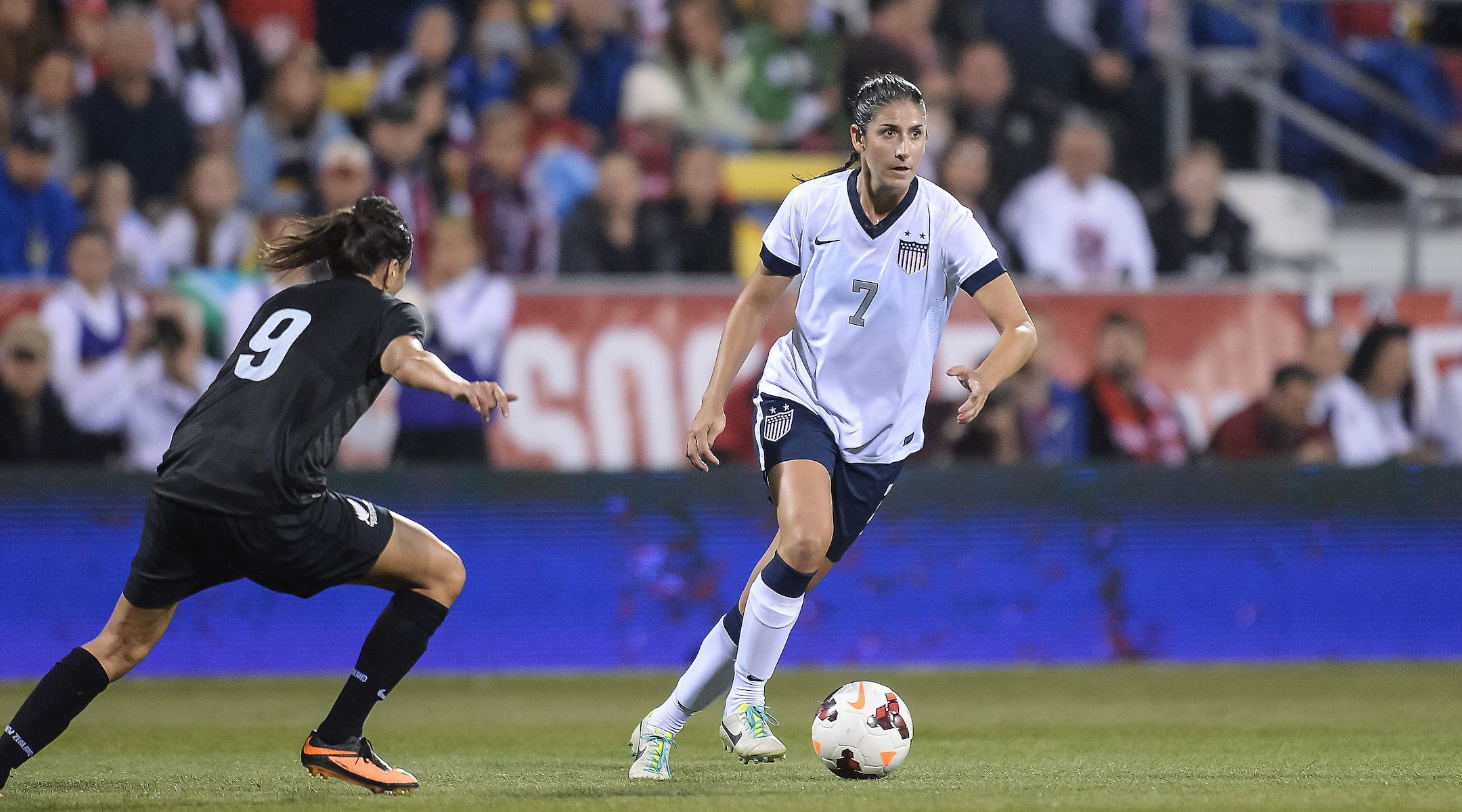
Yael Averbuch in action with the U.S. Women’s National Team against New Zealand in Columbus, Ohio, Oct. 30, 2013. (Jamie Sabau/Getty Images)
Across 32 teams each with 23 players — a total of 736 women — there are no known Jewish players in this year’s Women’s World Cup. Israel has never competed in the tournament.
For Yael Averbuch West, a former star player who is now the general manager of the National Women’s Soccer League’s NJ/NY Gotham FC, the lack of Jewish representation in professional women’s soccer is disheartening.
“At the highest levels, there are not a lot of elite Jewish women playing soccer,” Averbuch West told the Jewish Telegraphic Agency.
Averbuch West said she is not aware of any Jewish players in the American NWSL, either. She and former teammate Camille Ashton (née Levin) are both general managers in the league, and the NWSL’s commissioner, Jessica Berman, is also Jewish.
“I do think that representation is important,” Averbuch West said. “And because of the lack of representation, I think that that affects up-and-coming Jewish players. I’ve had people say to me, ‘oh my gosh, you’re my favorite player, because we’re Jewish and we don’t see any Jewish players out there.’”
Averbuch West added that with the recent growth of the NWSL — which is up to 12 teams as of 2022 — the idea that there may be no Jewish players is “quite disturbing.”
This hasn’t always been the case. When the U.S. team won the 1999 Women’s World Cup, Jewish defender Sarah Whalen was on the team. She would go on to win a silver medal with the team at the Olympics the following year.
Andres Cantor and Sammy Sadovnik are back in the broadcast booth.
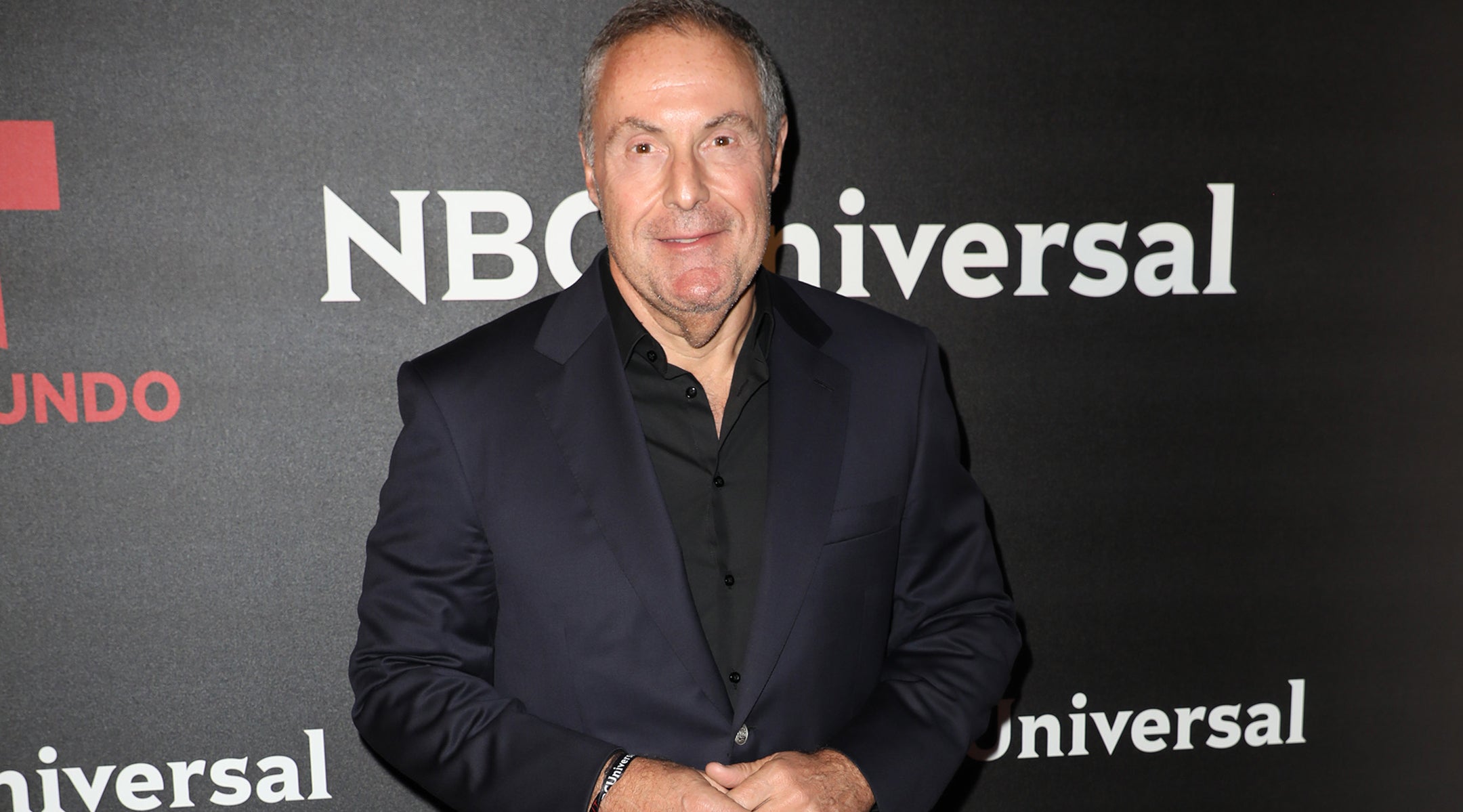
Andres Cantor arrives at the Telemundo and NBC Universal Latin America Red Carpet Event in Miami Beach, Florida, Jan. 16, 2018. (Alexander Tamargo/Getty Images)
Telemundo’s lead play-by-play voice, the Emmy award-winning Andres Cantor, is back in the booth for the Women’s World Cup. The Argentine-Jewish announcer is best known for popularizing long goal calls in the English-speaking world (including a memorable call when his country won the 2022 World Cup on home soil).
Cantor will once again be joined by one of his mentees, two-time Emmy nominee Sammy Sadovnik, who has been with Telemundo since 2007 and covered sports since 1989. He’s a proud Jew from Peru who visits Israel every year.
Despite this male tandem, networks are working to center the voices of women in soccer broadcasts at this World Cup.
Doug Emhoff will be there, too.
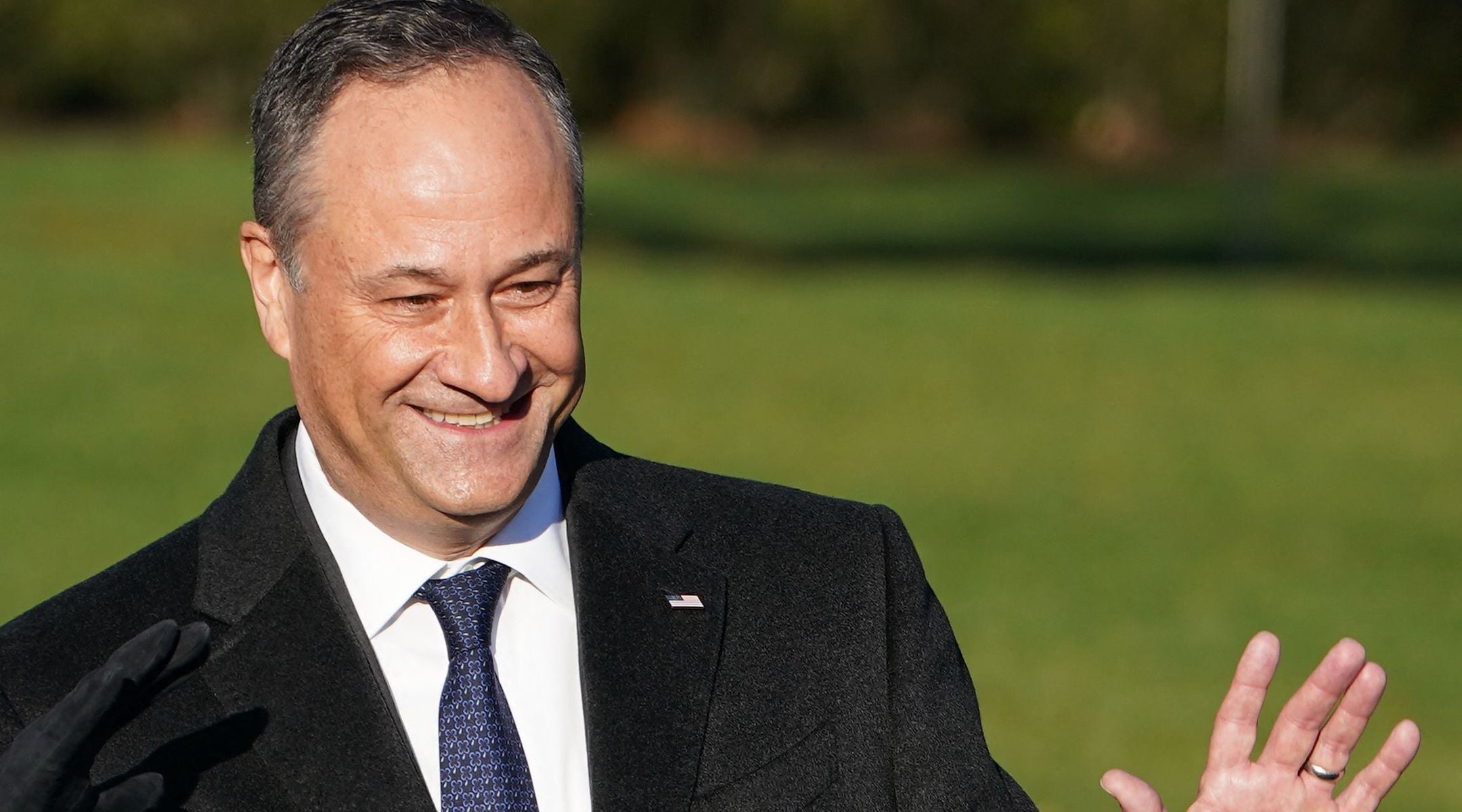
Doug Emhoff arrives before President Joe Biden takes part in signing the infrastructure bill at the White House, Nov. 15, 2021. (Mandel Ngan/AFP via Getty Images)
Second gentleman Doug Emhoff, the first Jewish spouse of a president or vice president, is in New Zealand representing the United States.
A self-described “soccer dad,” Emhoff will lead the U.S. delegation in the opening ceremony and will attend the team’s first match on Friday against Vietnam.
While he’s there, Emhoff will also participate in a panel discussion on gender equity in sports. Along with former New Zealand Prime Minister Jacinda Ardern, Emhoff took part on Thursday in a roundtable on combating hate. Emhoff has put efforts to combat antisemitism at the center of his government portfolio.
Another prominent Jew could be cheering from the sidelines: basketball legend Sue Bird, who is engaged to Megan Rapinoe, a longtime star for the U.S. Women’s National Team, shared a photo from New Zealand on Instagram earlier this week.
How many Jews live in Australia and New Zealand?
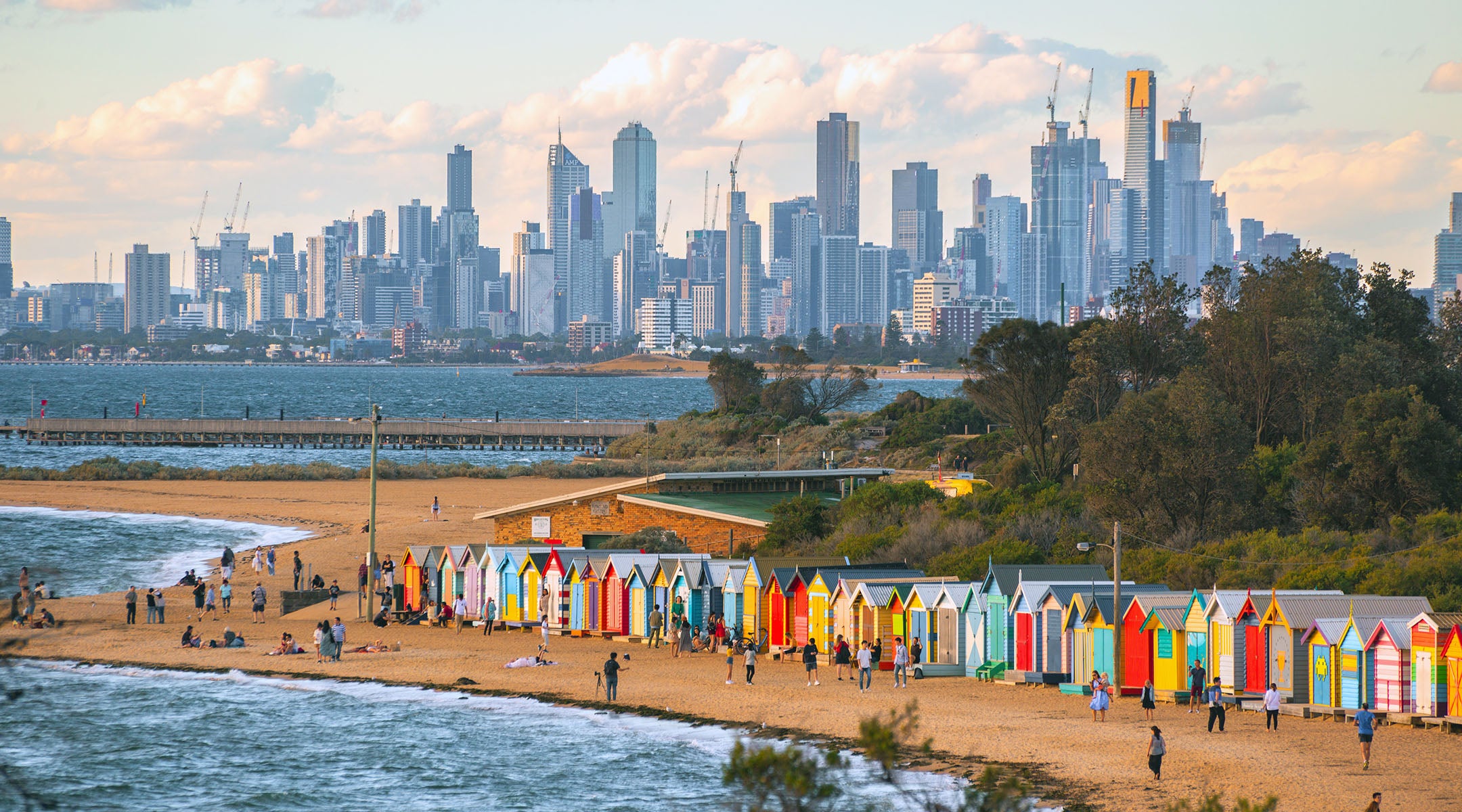
A view of a beach in Melbourne, Australia. (Getty Images)
Just under 100,000 Australians identified themselves as Jewish in the country’s 2021 census, which amounts to 0.04 percent of the population. Some estimates place the Jewish population above 200,000. A vast majority of Australian Jews live in Sydney and Melbourne.
The Jewish presence in Australia dates back to Jan. 26, 1788, when approximately 16 Jews — 15 convicts and one baby — arrived in what is now Sydney Harbor.
Today, Australia has the highest ratio of Holocaust survivors in overall population besides Israel, as over 8,000 made their way there to escape persecution in Europe between 1933-1945. The New York Times recently reported on how the country’s thriving Yiddish scene carries on their legacy.
In New Zealand, around 5,000 Jews were identified in the country’s 2018 census; the total population is over 5 million. The first Jewish settlers in New Zealand were British traders.
This article originally appeared on JTA.org.

I hope you appreciated this article. Before you go, I’d like to ask you to please support the Forward’s award-winning, nonprofit journalism during this critical time.
Now more than ever, American Jews need independent news they can trust, with reporting driven by truth, not ideology. We serve you, not any ideological agenda.
At a time when other newsrooms are closing or cutting back, the Forward has removed its paywall and invested additional resources to report on the ground from Israel and around the U.S. on the impact of the war, rising antisemitism and the protests on college campuses.
Readers like you make it all possible. Support our work by becoming a Forward Member and connect with our journalism and your community.
Make a gift of any size and become a Forward member today. You’ll support our mission to tell the American Jewish story fully and fairly.
— Rachel Fishman Feddersen, Publisher and CEO
Join our mission to tell the Jewish story fully and fairly.







